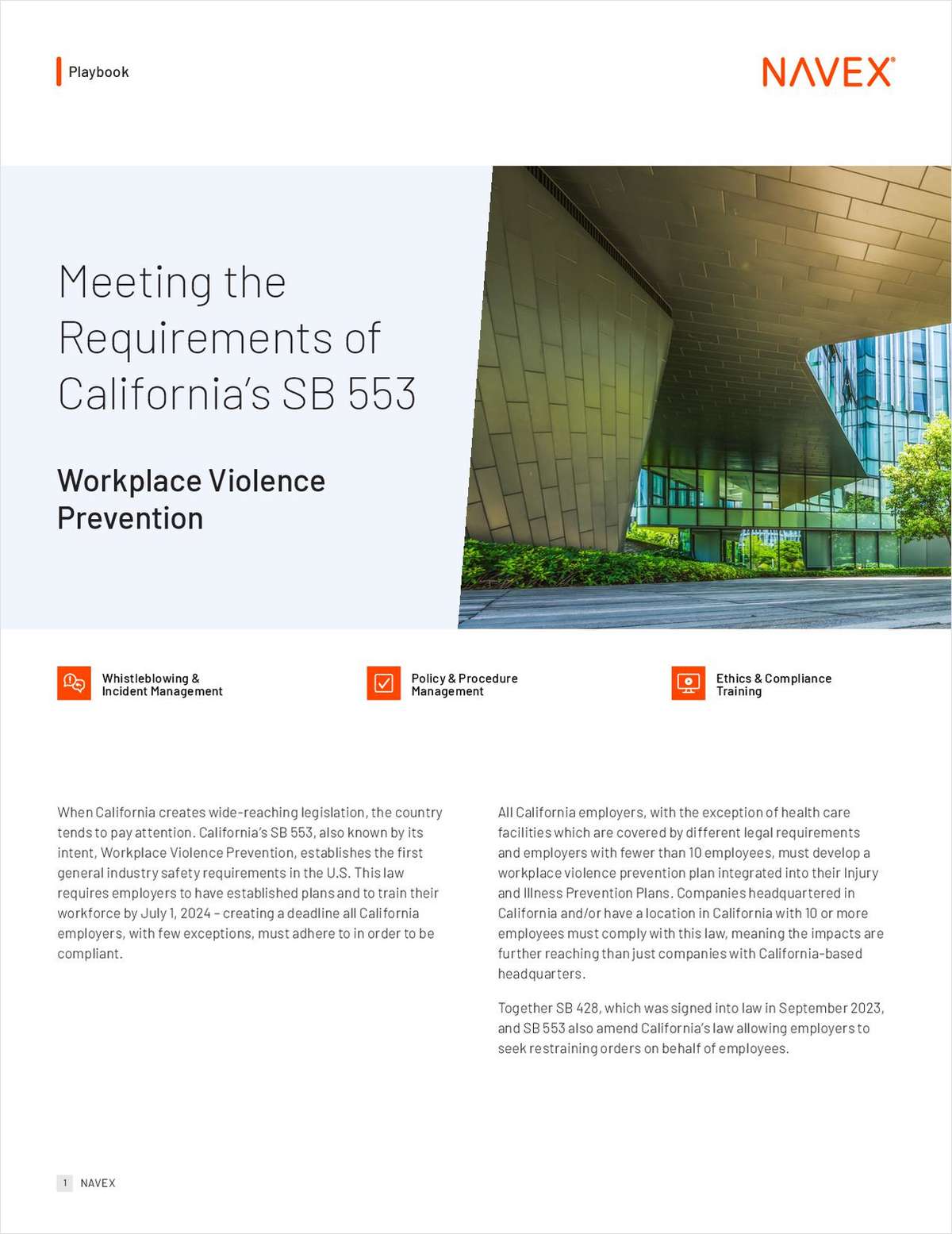 Yale Law School.
Yale Law School.Yale Law Faculty Ask Senate to Pause Kavanaugh Confirmation
Nearly 50 faculty members want the Senate Judiciary Committee to allow time for investigators to weigh allegations that the U.S. Supreme Court nominee attempted to rape a high school acquaintance.
September 21, 2018 at 03:19 PM
4 minute read
Yale Law School is in turmoil over the U.S. Supreme Court nomination of alum Brett Kavanaugh, who frequently hires clerks from the New Haven, Connecticut, campus.
Forty-eight faculty members on Friday signed an open letter to the Senate Judiciary Committee urging it to delay a Kavanaugh confirmation vote to allow time for an investigation into Christine Blasey Ford's allegation that the nominee attempted to rape her at a party when they were in high school.
Meanwhile, student protesters placed signs around campus on Friday saying they believe Ford's claims and accusing the law school of protecting sexual harassers. News broke on Thursday that the school is investigating the conduct of prominent professor Jed Rubenfeld, who along with his wife and fellow faculty member Amy Chua have supported Kavanaugh's nomination. A story in the Guardian reported that both professors, and Chua in particular, told female prospective Kavanaugh clerks that the judge prefers candidates with conventional good looks. (Law faculty at other law schools have said such advice is inappropriate.)
Chua and Rubenfeld did not sign the faculty open letter, which calls for a “fair and deliberate confirmation process.” (Chua is on medical leave from the law school this semester.) Nor did professor Akhil Reed Amar, who wrote a New York Times op-ed in July titled “A Liberal's Case for Brett Kavanaugh.”
Rubenfeld and Chua did not respond to requests for comment Friday, though Rubenfeld sent an email to the Yale Law community Saturday with a statement from Chua in which she denied coaching female students on their looks prior to interviewing with Kavanaugh, or any judge.
“With so much at stake for the Supreme Court and the nation, we are concerned about a rush to judgment that threatens both the integrity of the process and the public's confidence in the court,” reads the open letter.
A neutral fact-finder should be appointed to investigate the alleged incident, the professors argue, and women testifying about sexual assault should be treated with respect.
Yale Law Dean Heather Gerken, who did not sign the faculty letter, issued her own statement saying that the law school itself is nonpartisan and cannot weigh in on the nomination, though individual faculty are free to do so.
“As dean of the law school I have not and cannot take a position for or against a nominee,” she wrote. “It's a thoughtful statement and I support the efforts of individual faculty members to engage with these important issues.”
Kavanaugh's nomination has been a hot-button issue at Yale Law since Day One. The law school caught flak from some students and alumni for a press release touting his Yale Law ties—he graduated in 1990—which some viewed as an endorsement. (The school said the release was not an endorsement and said it put out a similar release when Justice Sonia Sotomayor, an alumna, was nominated.)
A competing group of alumni then issued a letter in support of Kavanaugh's nomination. The debate on campus has only intensified since Ford's allegation came to light and since the claims that Chua and Rubenfeld counseled potential female Kavanaugh clerks on their appearance surfaced this week.
Above the Law posted photos of signs placed around the law school campus Friday. One says: “Is there nothing more important to YLS than proximity to power and prestige,” quoting the protest letter students and alumni sent to the administration in July. Another says,”YLS is a model of complicity.”
This content has been archived. It is available through our partners, LexisNexis® and Bloomberg Law.
To view this content, please continue to their sites.
Not a Lexis Subscriber?
Subscribe Now
Not a Bloomberg Law Subscriber?
Subscribe Now
NOT FOR REPRINT
© 2024 ALM Global, LLC, All Rights Reserved. Request academic re-use from www.copyright.com. All other uses, submit a request to [email protected]. For more information visit Asset & Logo Licensing.
You Might Like
View All
Google Fails to Secure Long-Term Stay of Order Requiring It to Open App Store to Rivals

Orrick Secures Summary Judgment for RingCentral in Privacy Class Action

NY Lateral Partner Moves Spike, Especially in PE and Funds Practices

'That's Not the Job' for the DOL: Crop of Suits Against Biden Administration
6 minute readTrending Stories
- 1The Law Firm Disrupted: Playing the Talent Game to Win
- 2A&O Shearman Adopts 3-Level Lockstep Pay Model Amid Shift to All-Equity Partnership
- 3Preparing Your Law Firm for 2025: Smart Ways to Embrace AI & Other Technologies
- 4BD Settles Thousands of Bard Hernia Mesh Lawsuits
- 5A RICO Surge Is Underway: Here's How the Allstate Push Might Play Out
Featured Firms
Law Offices of Gary Martin Hays & Associates, P.C.
(470) 294-1674
Law Offices of Mark E. Salomone
(857) 444-6468
Smith & Hassler
(713) 739-1250








